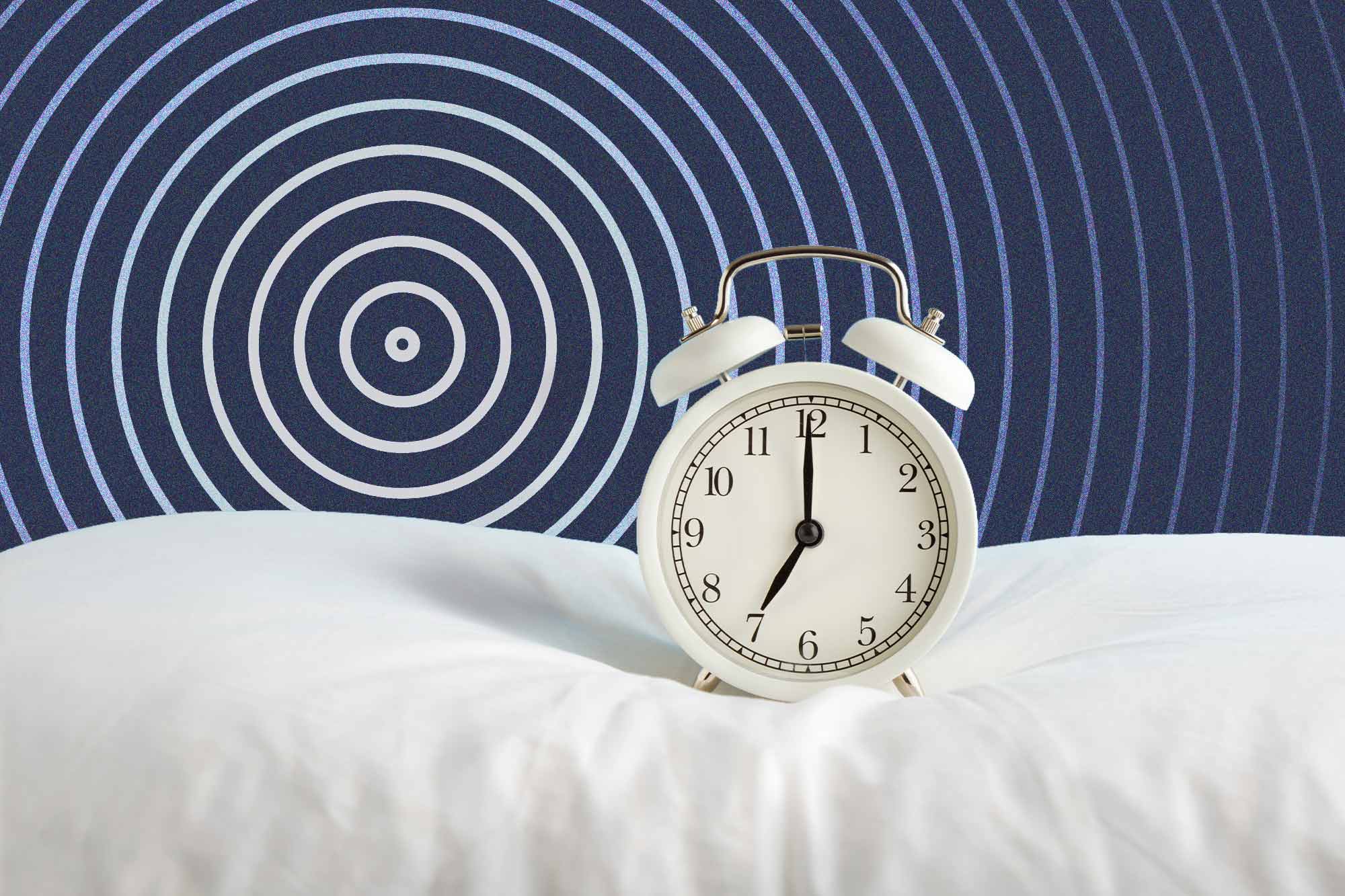Q. What should you do if you cannot fall asleep because your brain starts spinning the minute you turn off the light?
A. Like any bad habit, you learn to stop doing that. First of all, you have to understand that you’re ultimately in control of what you think, and that’s called mindfulness (UVA’s Mindfulness Center is a good place to start learning how to manage stress and sleep disturbances).
There are three parts of the brain. The brain of wakefulness, the brain of non-REM sleep and the brain of REM sleep. When people are thinking at night, they are feeding the brain of wakefulness and it’s giving negative input to the brain of sleep.
You need to clear your mind in whatever way you can and allow the brain of non-REM sleep to take over. Counting exercises can help. With each normal exhalation you count a number. When an intrusive thought enters your mind, you start over again. What you are doing when you do this is you are gaining insight into the fact that you have control over your thoughts. What you are doing by showing some discipline and helping to clear out your mind is you’re allowing the brain of non-REM sleep to get balance.
Q. What are your pro tips for healthy sleep habits in adults?
A. I think it’s to have a regular bedtime and a regular wake time and not to have a big shift between workdays and non-workdays. I’d get regular exercise. Some people are sensitive to exercise within three hours of going to bed, so you might want to monitor for that. Avoid caffeine after 2 p.m. Get tested for sleep apnea if you think there might be an issue with that.
Q. What about the environment of the room you’re sleeping in?
A. It’s important to sleep in a cooler room. It’s important to sleep in a dark room. It’s important to sleep in a quiet room. I know all those things seem very evident, but we’ve built a lot of nice houses near some very busy highways.
You want to set aside the bed as a safe zone. It’s not another wing of your office. It’s not a time to review things for the following day. You need to partition your life and set boundaries.
Q. How does family life figure in sleep hygiene and what about pets?
A. It’s important to have a quiet bed partner and to set boundaries with children. It’s not okay for little kids to come in at night and interrupt your sleep. It’s not okay for pets to come into bed at night. We had a psychology professor at Oregon Health and Science University, where I used to be, and he said, “Have your pets sleep outside the room. You both will sleep better.”
Q. What are the most common types of sleep disorders in adults?
A. We see all types of sleep disorders. There are more than 80 of them.
Eighty percent of people have insomnia from time to time.
Another is obstructive sleep apnea. We lose neuromuscular tone as we fall asleep and for some of us, it results just in snoring. In others, it gets to the point where there’s more intrusive airflow limitation that interrupts our sleep, leading to a recurrent arousal during the night, and sometimes these arousals can be associated with oxygen desaturations. The most common cause of that would be obstructive sleep apnea.
Some people have neurologic problems like restless leg syndrome, which is also associated sometimes with periodic limb movement disorder.












